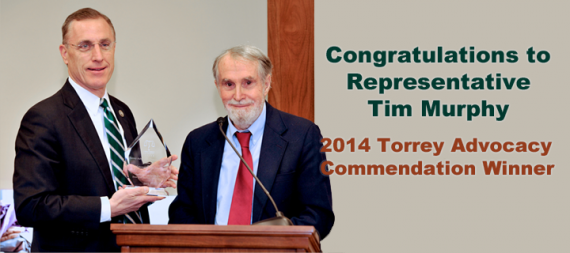
Why should hospitals care if a homeless, psychotic patient has a decent place to live after that person is discharged?
Because if they don’t, it’s going to cost them money.
Section 3025 of the Affordable Care Act established the Hospital Readmissions Reduction Program, which penalizes hospitals for “excess readmissions.”
What is an “excess readmission?”
As defined by the act, an excess readmission happens when someone is re-admitted to a hospital for treatment of the same health problem within 30 days after they were discharged.





